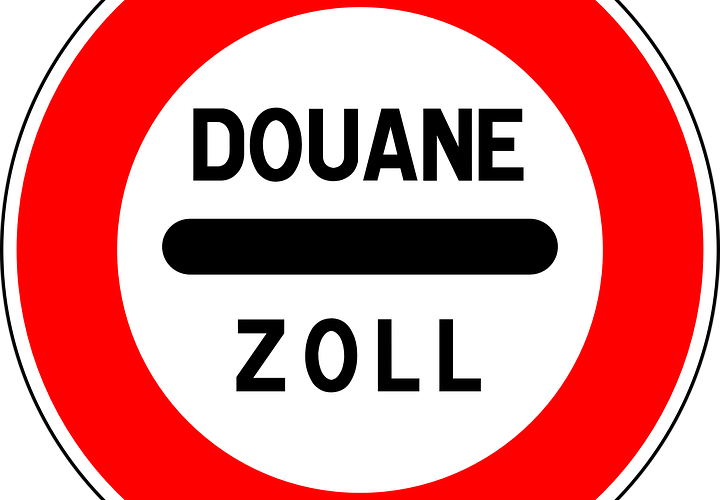There are two types of origin: preferential origin and non-preferential origin.
- Preferential origin is conferred on goods from particular countries when they fulfil the rules of origin provided for in the relevant preferential arrangement. In this case, the goods could benefit from a reduced customs duty or even free of duty. It should be noted that not all products necessarily have a preferential origin.
- Non-preferential origin rules are used for the application of all kinds of non-preferential commercial policy measures, like, for instance, the most-favoured-nation treatment, anti-dumping duties and countervailing duties, trade embargoes, safeguard measures, origin marking requirements, quantitative restrictions or tariff quotas, government procurement and trade statistics.
Non-preferential origin is obtained where goods are “wholly obtained” in one country or, when two or more countries are involved in the manufacture of a product, origin is obtained where goods underwent their last, substantial, economically-justified processing or working, in an undertaking equipped for that purpose, resulting in the manufacture of a new product or representing an important stage of manufacture.
Source ec.europa.eu
Latest Posts in "European Union"
- ECJ Overturns VAT Deduction Timing Rules: New Challenges for Tax Authorities and Businesses
- EU Abolishes the EUR 150 Customs Duty Exemption for Low‑Value Imports
- Abolition of the customs duty exemption for small consignments under EUR 150: what does this mean for e-commerce?
- Agenda of the ECJ/General Court VAT cases – 8 Judgments, 1 AG Opinion and 2 Hearings till March 18, 2026
- New ECG Case T-96/26 (TellusTax Advisory) – No details known yet














